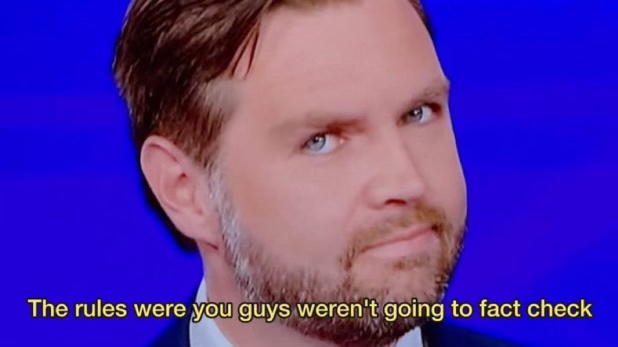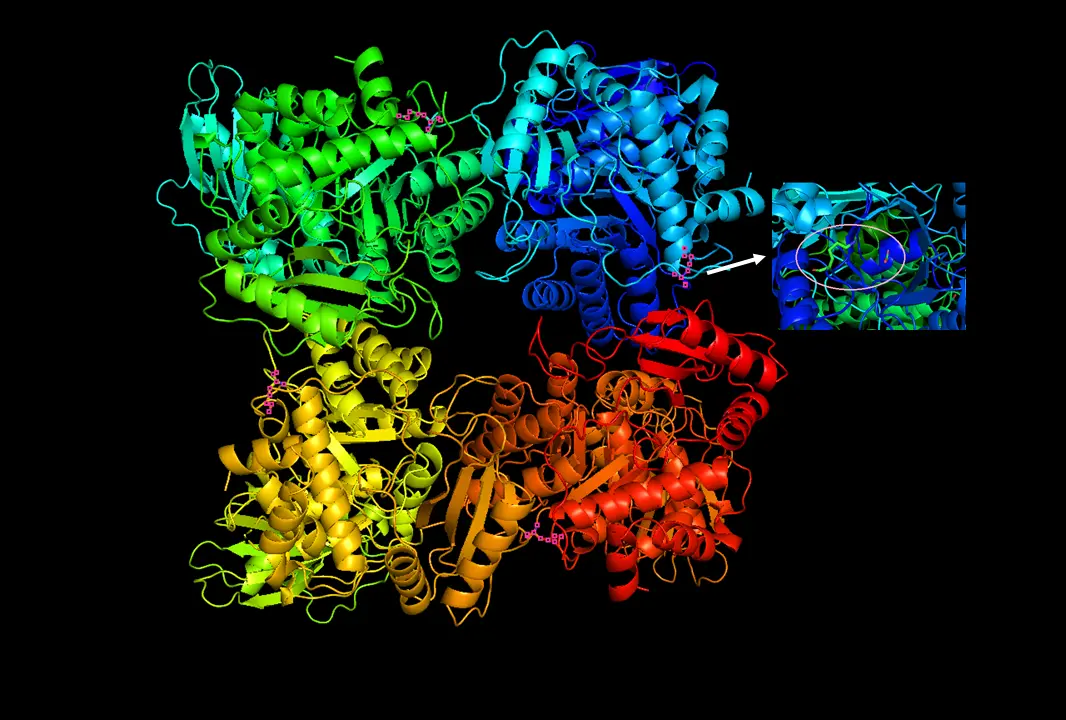Congratulations. Reading this far into the story is a feat not many will accomplish, especially if shared on Facebook, according to a team led by Penn State researchers.
In an analysis of more than 35 million public posts containing links that were shared extensively on the social media platform between 2017 and 2020, the researchers found that around 75% of the shares were made without the posters clicking the link first. Of these, political content from both ends of the spectrum was shared without clicking more often than politically neutral content.
The findings, which the researchers said suggest that social media users tend to merely read headlines and blurbs rather than fully engage with core content, were published today (Nov. 19) in Nature Human Behavior. While the data were limited to Facebook, the researchers said the findings could likely map to other social media platforms and help explain why misinformation can spread so quickly online.
“It was a big surprise to find out that more than 75% of the time, the links shared on Facebook were shared without the user clicking through first,” said corresponding author S. Shyam Sundar, Evan Pugh University Professor and the James P. Jimirro Professor of Media Effects at Penn State.
The researchers found that these links were shared over 41 million times, without being clicked. Of these, 76.94% came from conservative users and 14.25% from liberal users. The researchers explained that the vast majority—up to 82%—of the links to false information in the dataset originated from conservative news domains.

I’m grateful for OPs who paste at least some of the relevant information into the post without having to click on the link. Personally it’s better to avoid going to the site since you’re bombarded with cookie notices, subscription solicitations, browser notification requests, and even ads of you’re not using uBlock.
Not to mention the tracking (ok, you mentioned cookie notices, but not the actual tracking) that will ultimately impact your social media feeds.
“Huh, my friend-across-the-aisle just posted something that contradicts my world view, but I’m not sure I trust that site. If I click on it, will my feed suddenly be flooded with more untrustworthy sources?”
It’s usually not worth the risk.
Go in your ublock filter lists and turn on all annoyance lists
It doesn’t block them by default
the vast majority—up to 82%—of the links to false information in the dataset originated from conservative news domains.
around 75% of the shares were made without the posters clicking the link first
I would have guessed the number to be high, but not that high.
Best
Clickbait
Headline
EVER!
Can confirm.
missed their chance to make the body be a rickroll to catch everyone rebelling by clicking the headline to prove they don’t obey authority.
But what about the comments? How many are reading those?
I can’t say I’m too confident about data that was obtained by methods including 1) Facebook data collection (we trust that now?), 2) machine learning and 3) potentially nebulous, unspecific definitions of various political groups. Still, allow me to indulge in some confirmation bias, if you will:
This shouldn’t surprise anyone, if you ask me. People are stressed and limited on time. Of course they’ll take shortcuts!
On places like Bluesky, most articles, videos or news content I’d share would have more to do with how much I trust the person posting or sharing it than with its main body of content. I figure that someone I value has read it, and so I skip it, because reading it would feel like work and I have to deal with enough of that as it is.
Places like here, I take more caution, but as a direct consequence of that you’ll notice I really don’t post very much at all. Comments, sure, but that’s because those are more my opinion than anything else. I don’t have the bandwidth to put through more effort than I already am.
On places like Bluesky, most articles, videos or news content I’d share would have more to do with how much I trust the person posting or sharing it than with its main body of content. I figure that someone I value has read it, and so I skip it, because reading it would feel like work and I have to deal with enough of that as it is.
Not to mention, “You won’t believe this one cool thing!” type headlines (like this one) are classic clickbaiting, and nobody wants to read a 10 page article that’s basically just advertising.
I wish I could remember the article, but years ago there was some article with an outrageous headline, and the entire article was how nobody reads the article.
Unfortunately, Sci-Hub doesn’t have the requested document:
10.1038/s41562-024-02067-4Rats! Anybody got a pdf?
Sci-hub is frozen in about 2021 due to a court case or something, as far as I remember, so new papers won’t be on there
Ahhh, thank you.
I wasn’t sure how to lazily and semi securely send you a pdf, so check your DMs
Wish it were possible to safely share this stuff more widely, but in the meantime, internet nerds gotta help each other out
o7 Thank you!
What is the thing being shared here?
The paper mentioned in the OP, ( https://www.nature.com/articles/s41562-024-02067-4 ) (paywalled link)
They are right 🤣









